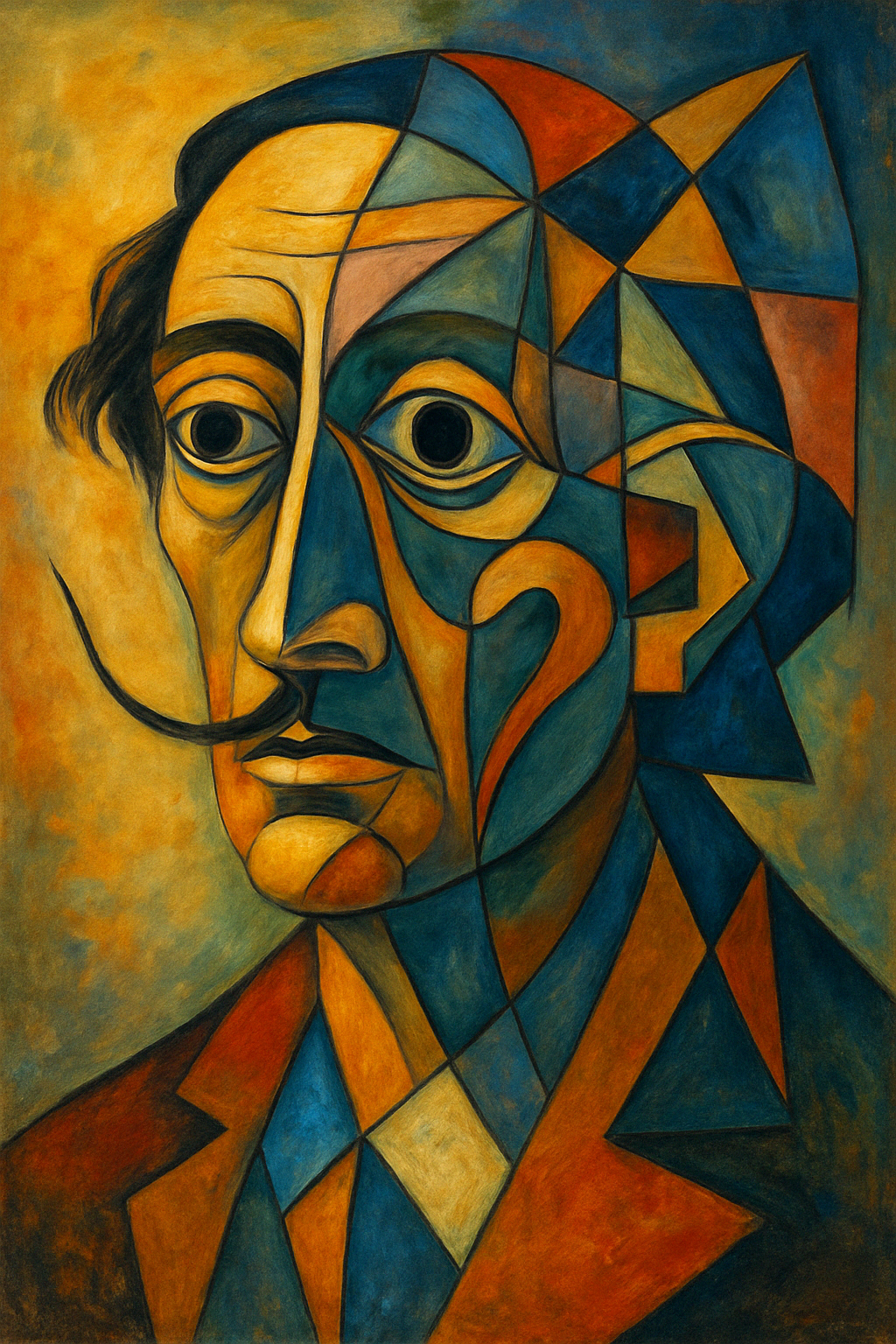The New Age of Creativity
There is big question of what AI will do to human jobs and human livelihood and the answer is rather simple - it will change, it will evolve and it will create more space for human creativity.
I believe in all aspects human creativity is going to see an unbounded increase. We are looking at a very exciting century ahead of us.
Coding
From 1950s mainframes → Assembly/C → JavaScript & PHP → Low-code/No-code platforms aka Vibe coding.
What once required deep technical knowledge is now accessible to anyone. Tools like Cursor, Replit, and Windsurf empower non-coders to build apps and workflows.
In 2025, more than 50% of the code will be written with an AI assist (Gartner).
Film & Media
From Hollywood studios → Cable Television shows → to small films on YouTube→ to short form media on socials → AI-driven video generation.
The rise of powerful smartphones and AI tools like Runway and Pika enable anyone to become a filmmaker.
Literature & Publishing
Journey: From printing press monopolies → Mass-market publishing → Self-publishing → AI-assisted writing.
AI tools like ChatGPT, Sudowrite, and Grammarly help authors draft, edit, and publish faster than ever.
Over 1.4 million titles were self-published on Amazon in 2023 alone - the year after GPT
Art
From gallery-only oil paintings → Photography → iphone art shared on socials → AI-generated visuals.
AI tools like Midjourney and DALL·E allow users to generate artwork from text prompts, challenging traditional notions of authorship.
Artists have both creation and distribution tools at the disposal, and anybody can be an artist and more people take art as a serious hobby.
Music
From orchestras → Rock bands → DJs and synthesizers → AI music generators.
AI tools like Aiva, Amper, and Soundful let anyone compose tracks in minutes—no training required.
Artists now co-create with AI, pushing genre boundaries and releasing music faster than ever.
The Future Workforce
From agricultutal fields → to assembly line industrial labor → to computer facing knowledge workers → AI-augmented creativity.
Automation reduces repetitive tasks, shifting human focus to problem-solving, empathy, and innovation.
Up to 50% of tasks may be automated by 2030 (McKinsey).
Conclusion
AI is not erasing creativity—it’s scaling it.
Across every field, technology has evolved from elite to accessible, empowering more people to imagine, build, and share.
The future belongs to creators who adapt, experiment, and collaborate—everyone now has a copilot.
